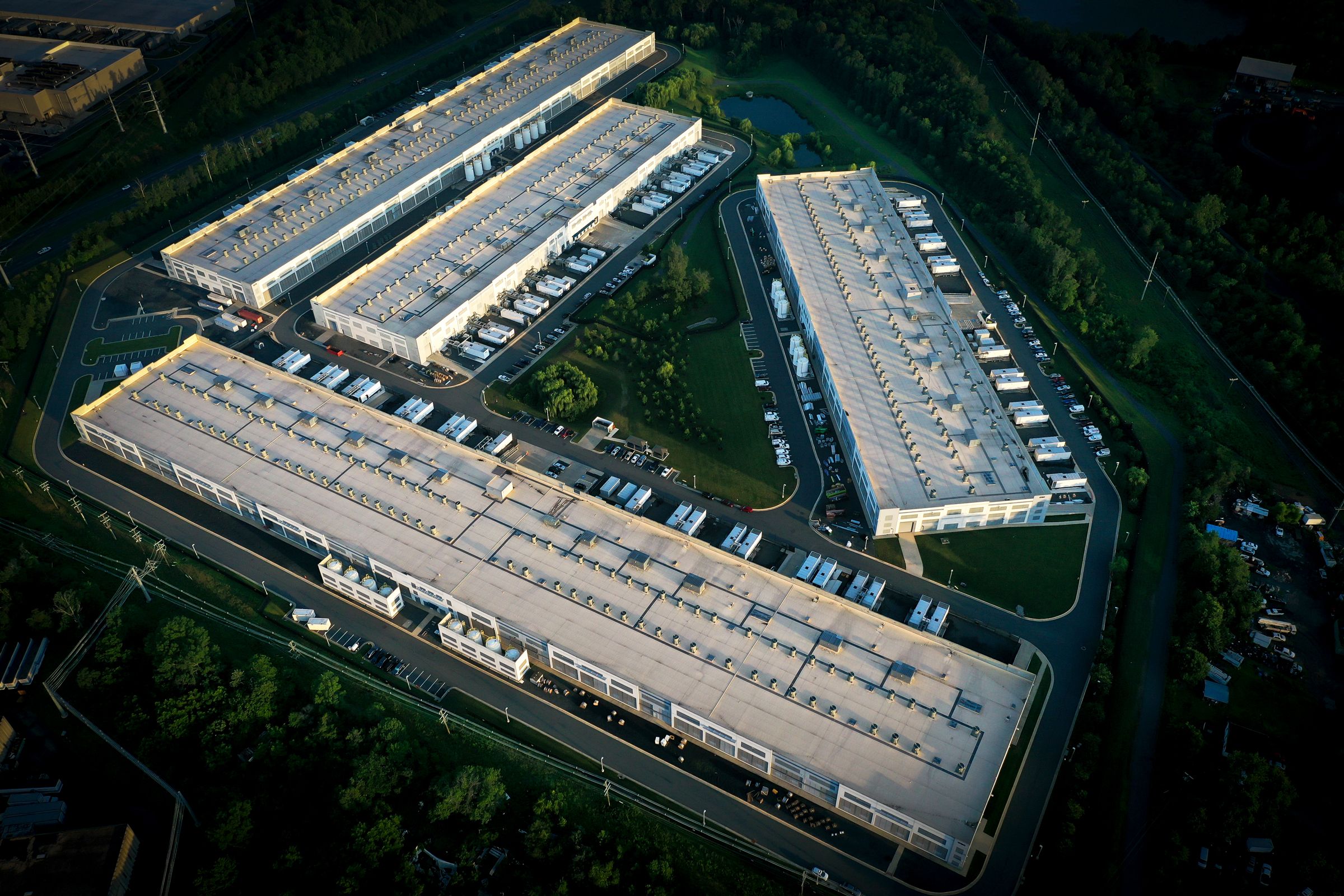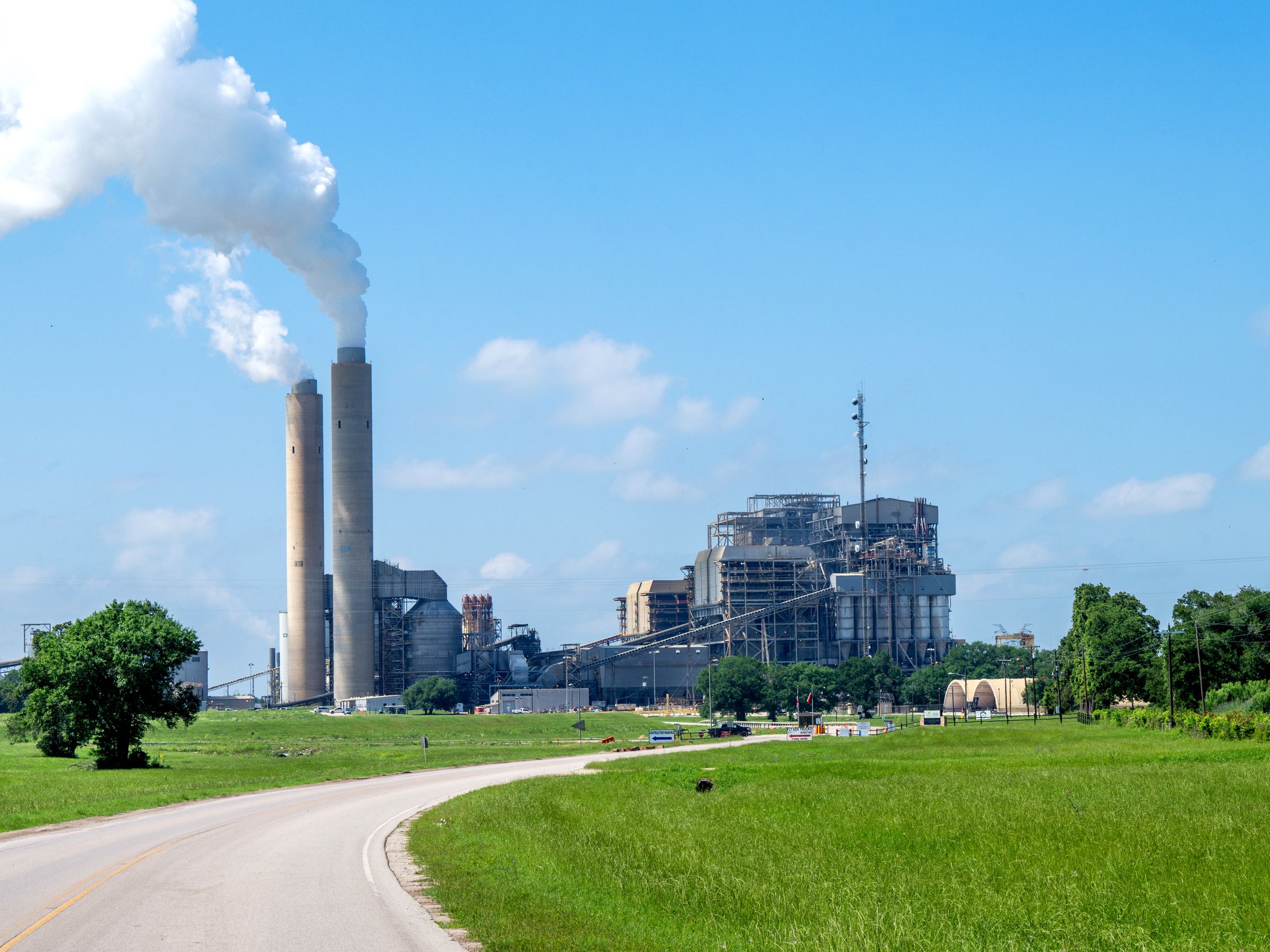Big Tech Asked for Looser Clean Water Act Permitting. Trump Wants to Give It to Them
Big tech companies such as Amazon, Google, and Microsoft have been lobbying the Trump administration for looser Clean Water Act permitting regulations. These regulations currently require companies to obtain permits before discharging pollutants into water bodies.
The tech giants argue that the current permitting process is too cumbersome and inhibits their ability to innovate and grow. They claim that they can self-regulate and manage their own environmental impact without the need for strict government oversight.
President Trump has expressed his support for the tech companies’ requests, stating that he wants to cut red tape and make it easier for businesses to operate without unnecessary regulations.
Environmental groups have raised concerns about the potential harm to water quality if these regulations are loosened. They argue that allowing companies to regulate themselves could lead to increased pollution and damage to aquatic ecosystems.
The EPA is currently considering a proposal to streamline the Clean Water Act permitting process for certain industries, including tech companies. This proposal has sparked a debate between industry advocates and environmentalists.
Critics of the proposal argue that it puts corporate interests above environmental protection and public health. They believe that the government should maintain strict oversight of companies to ensure they are not polluting waterways.
Proponents of the proposal argue that it will spur economic growth and innovation by reducing regulatory burdens on businesses. They believe that companies should be trusted to manage their own environmental impact responsibly.
The outcome of this debate will have significant implications for water quality and environmental protection in the United States. It remains to be seen whether the Trump administration will grant the tech companies’ request for looser Clean Water Act permitting regulations.
As the discussion continues, the public, environmentalists, and industry stakeholders will need to closely monitor developments and advocate for policies that prioritize environmental protection while also supporting economic growth.



